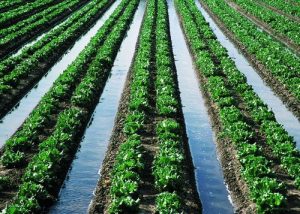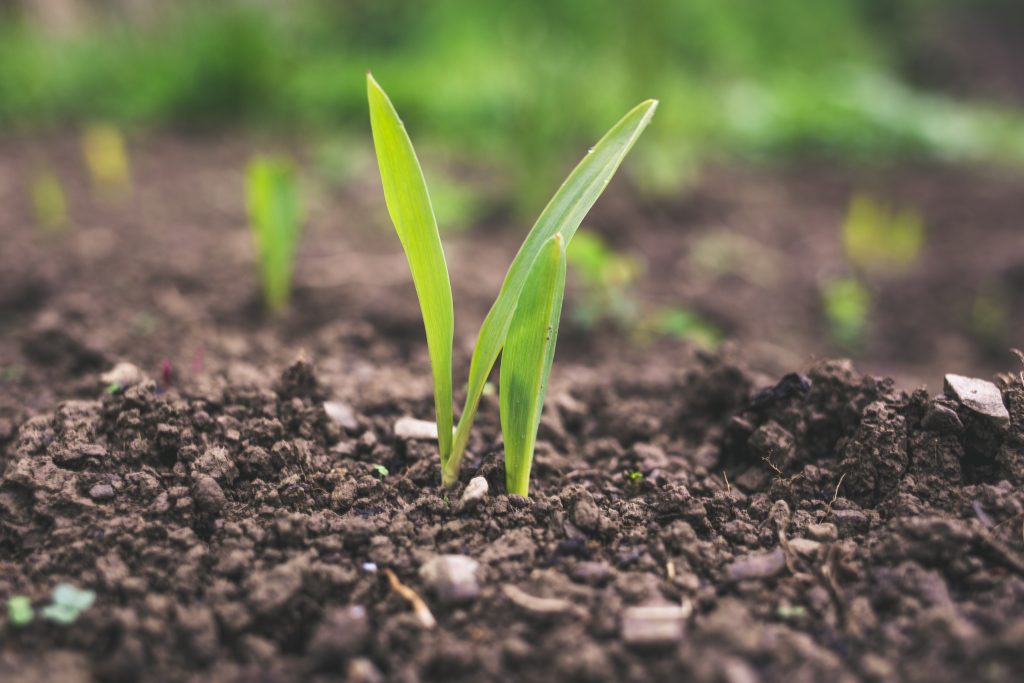Nigeria, often referred to as the “Giant of Africa,” is not only known for its diverse culture, vibrant cities, and rich history but also for its significant agricultural sector. Agriculture plays a crucial role in the country’s economy, providing livelihoods for millions of Nigerians. One fundamental question that arises when considering the agricultural landscape of Nigeria is: How many farmers are there in Nigeria? In this article, we will look into the complexities of determining the exact number of farmers in Nigeria and explore the importance of their role in shaping the nation’s agricultural future.
Estimates and Statistics
Various organizations have attempted to estimate the number of farmers in Nigeria. As of my last knowledge update in September 2021, the Nigerian government estimated that the country had over 50 million farmers. However, these numbers should be taken as rough estimates due to the aforementioned complexities of data collection.
Read also: Top 10 richest farmers in the world
The Dynamic Nigerian Agricultural Landscape
Nigeria’s agricultural sector is immense and varied, encompassing a range of activities from crop cultivation to livestock rearing. The diversity of agro-ecological zones across the country contributes to the cultivation of a wide array of crops, including staples like rice, maize, and cassava, as well as cash crops like cocoa and oil palm. Additionally, livestock farming involving cattle, poultry, goats, and sheep is an essential component of the agricultural sector.
Accurately pinpointing the exact number of farmers in Nigeria is a challenging task due to several factors:
- Subsistence Farming: A significant proportion of agricultural activity in Nigeria falls under the category of subsistence farming. Many families engage in small-scale farming for their sustenance rather than for commercial purposes. These farmers may not be registered or formally accounted for, making it difficult to ascertain their numbers.
- Informal Nature: A substantial portion of Nigeria’s agricultural sector operates informally, without official registration or record-keeping. This informal nature poses a barrier to collecting accurate statistical data.
- Multiple Roles: In rural communities, individuals often engage in a mix of activities, including farming, trading, and other income-generating ventures. This makes it challenging to categorize individuals solely as “farmers.”
- Inadequate Data Collection: Historical data collection methods and limited resources have contributed to a lack of comprehensive data on the farmer population. Traditional surveys may not capture the entire spectrum of agricultural activities in the country.
Read also: How to start your own cassava farm
Role of Farmers in Nigeria’s Development
The agricultural sector, driven by the efforts of millions of farmers, plays a vital role in Nigeria’s economic development:
- Employment: Agriculture is a major source of employment in Nigeria, particularly in rural areas. It provides jobs for millions of people, reducing urban-rural migration pressures and contributing to balanced economic growth.
- Food Security: The work of farmers ensures a stable food supply for the nation’s growing population. Nigeria’s population is projected to reach 400 million by 2050, making food security a critical concern.
- Economic Contribution: Agriculture accounts for a significant portion of Nigeria’s GDP. The sector’s growth can have a multiplier effect on the entire economy, stimulating demand for goods and services related to farming.
- Exports: Nigeria’s agricultural products, including cocoa, oil palm, and various cash crops, contribute to the country’s export earnings. This enhances foreign exchange reserves and global trade relationships.
- Rural Development: The success of agriculture is closely tied to the development of rural areas. Improvements in agricultural practices, infrastructure, and access to markets can uplift rural communities.
Read also: Farmers daily routine
The bottom line
The question of “how many farmers are there in Nigeria” underscores the complexity of the country’s agricultural landscape. The informal nature of much of the sector, coupled with subsistence farming practices and inadequate data collection, makes it challenging to provide an exact figure.
Despite this challenge, it is undeniable that the millions of farmers across Nigeria are the backbone of the country’s agricultural sector, contributing to employment, food security, economic growth, and rural development.
As Nigeria continues to evolve, finding innovative ways to accurately assess and support its farming population will be crucial for shaping the future of its agricultural sector and overall economic progress.

